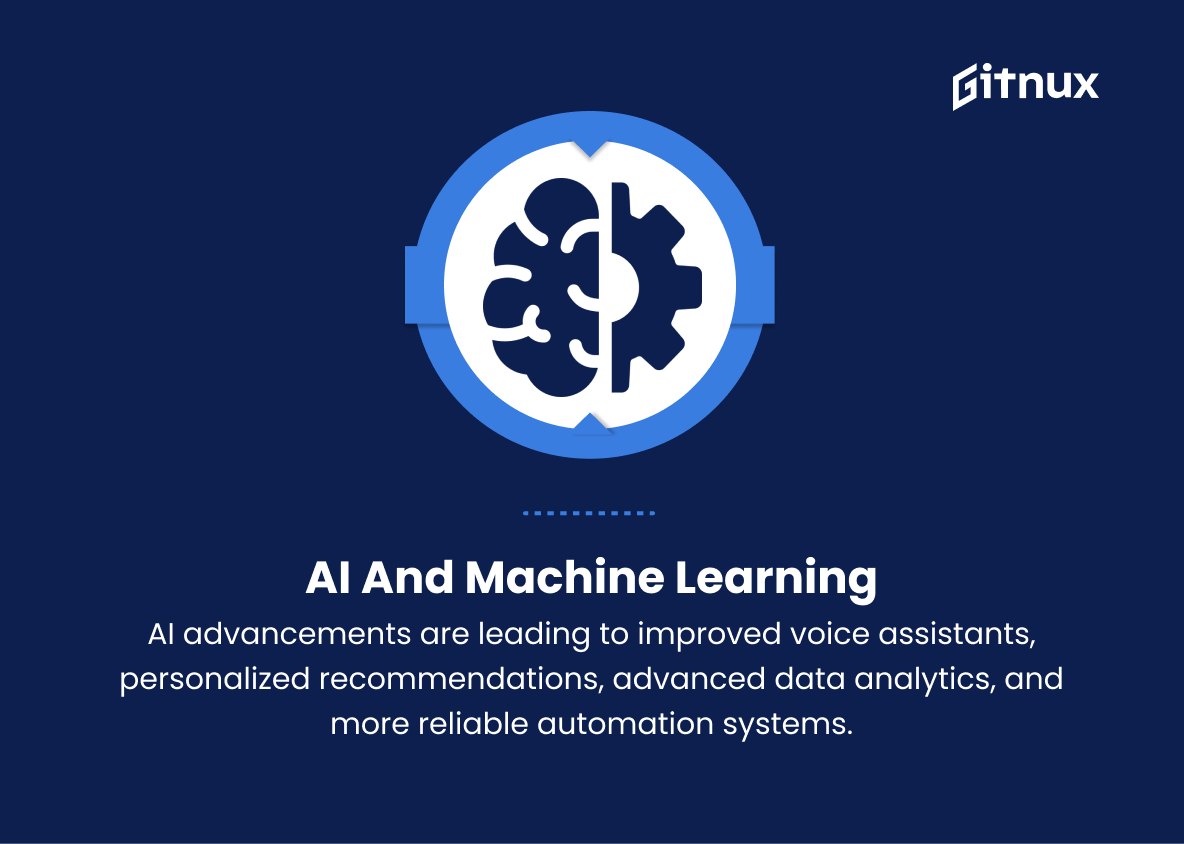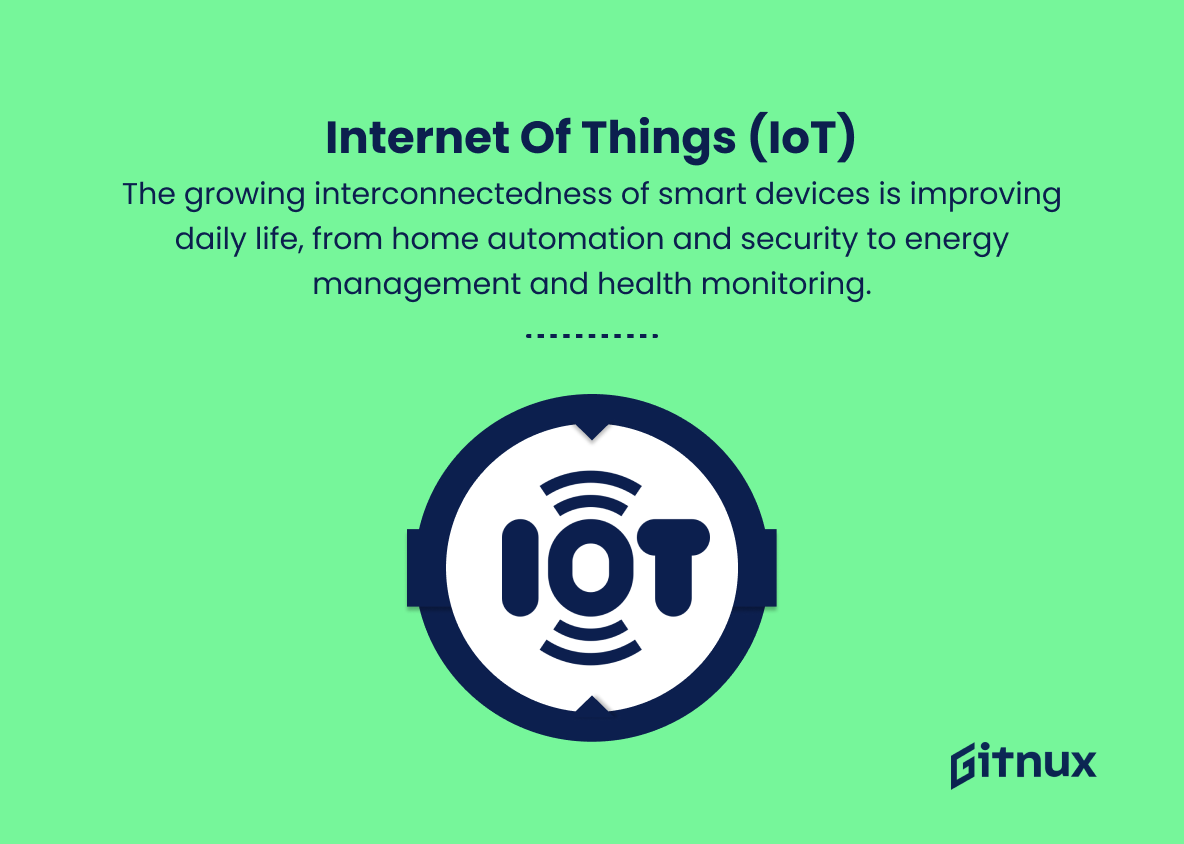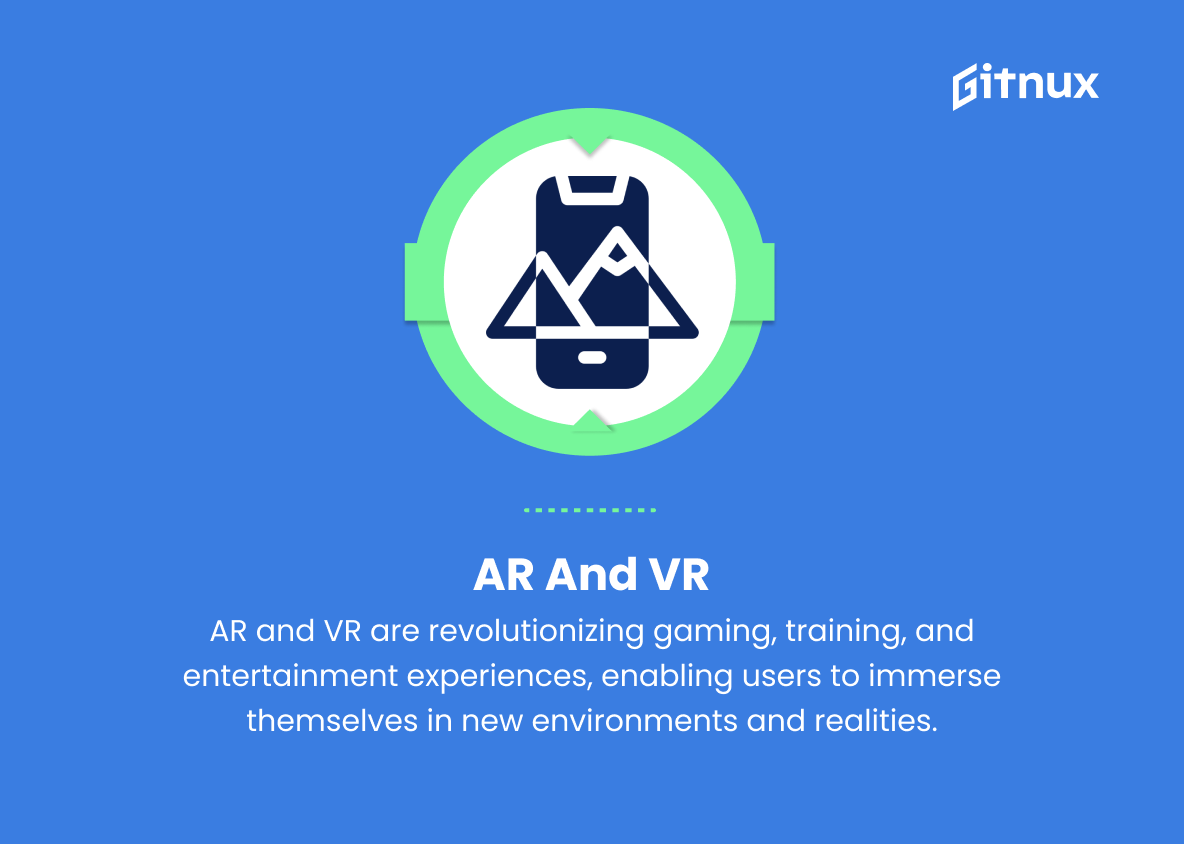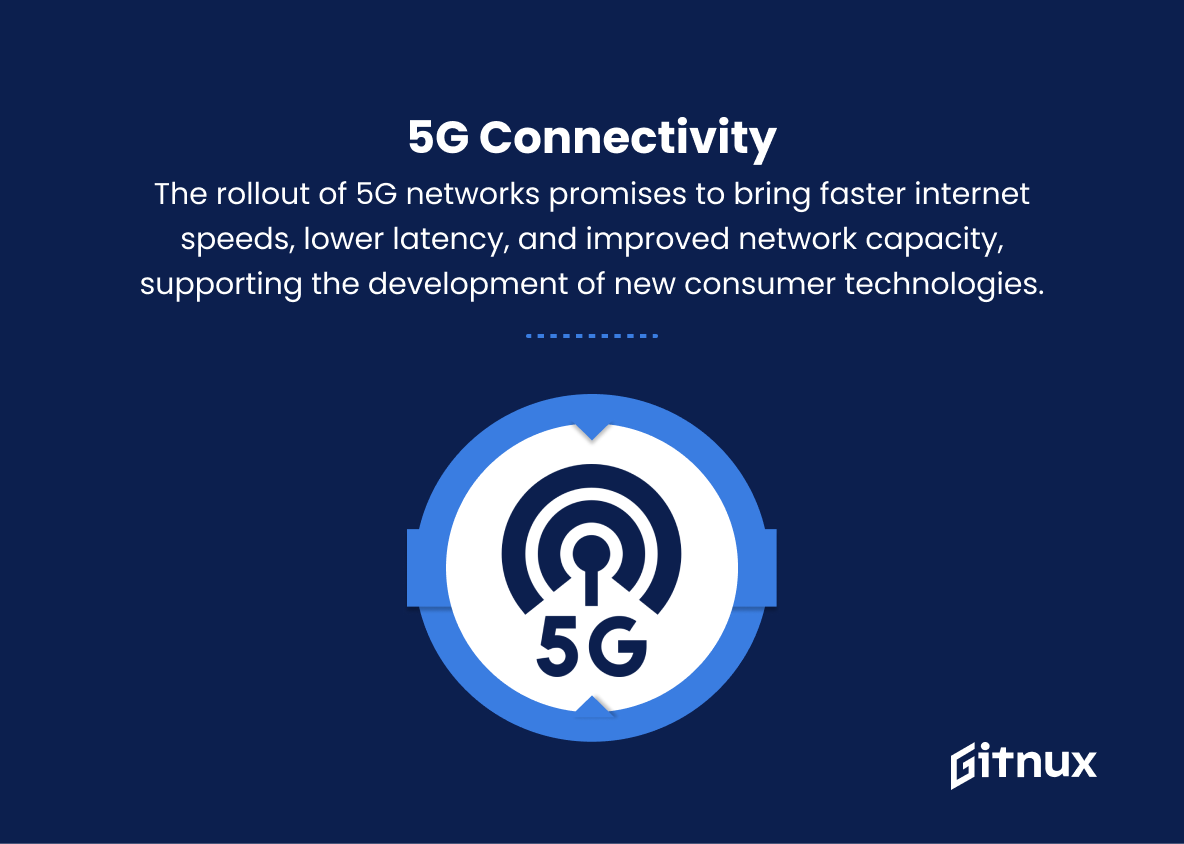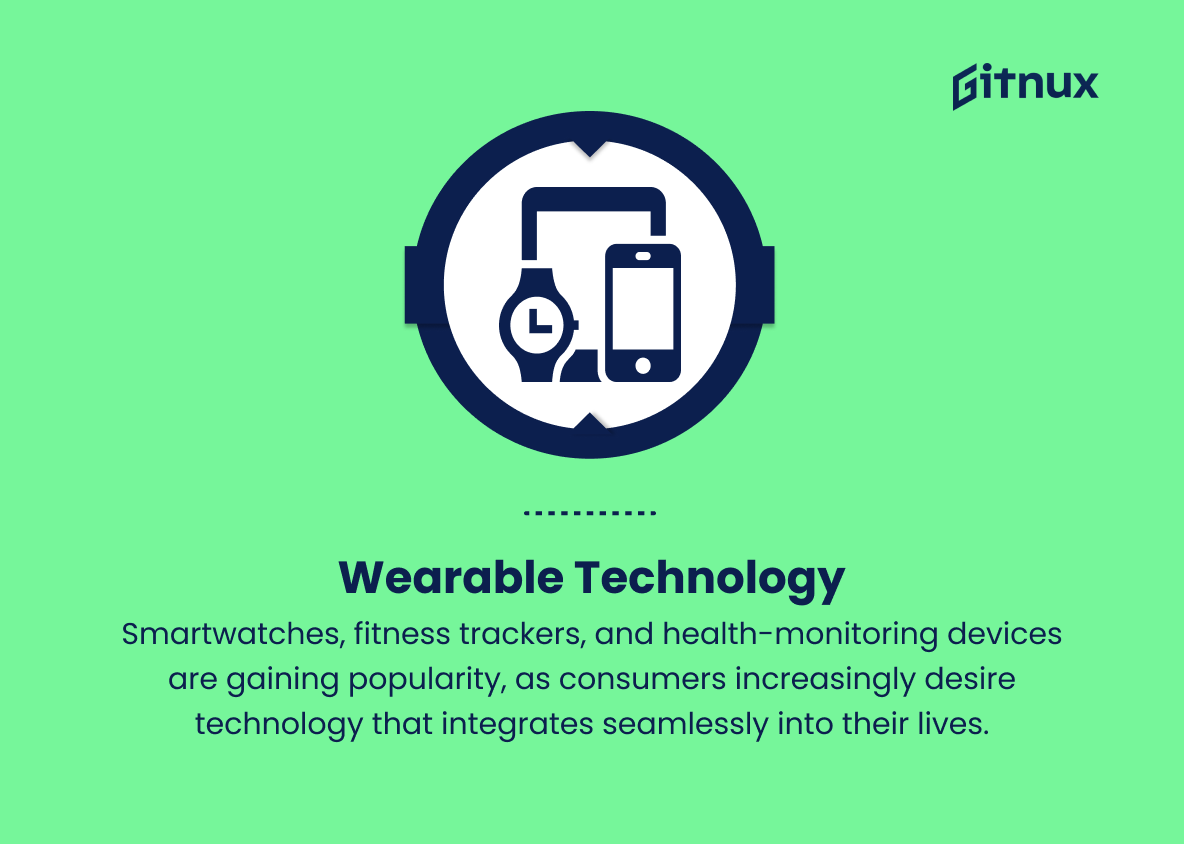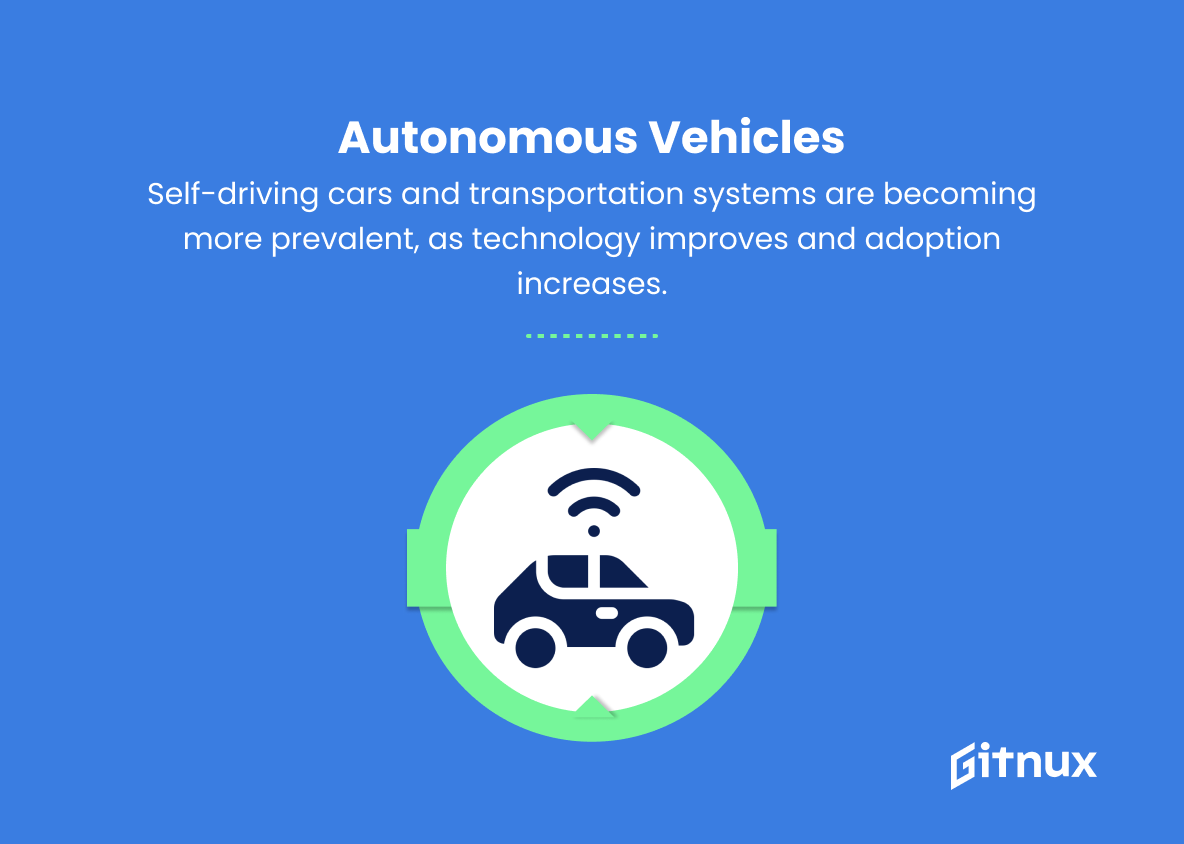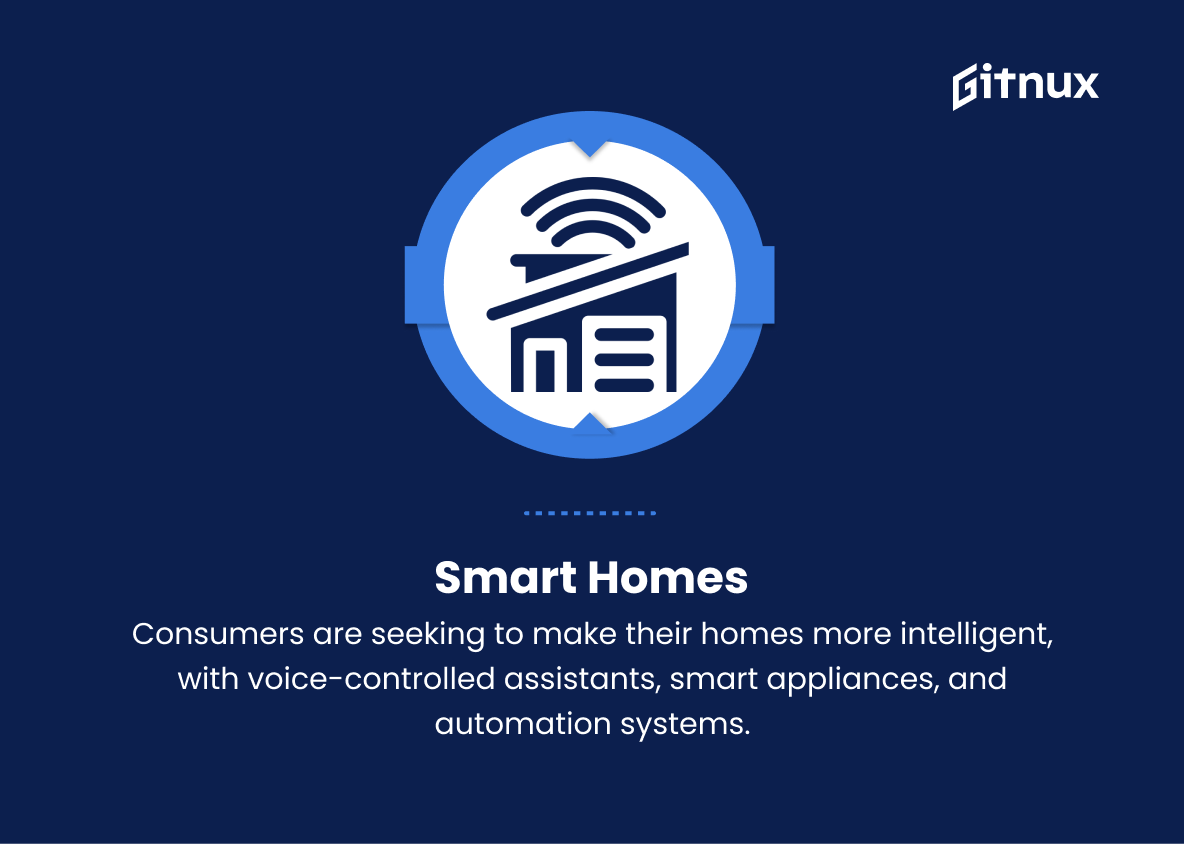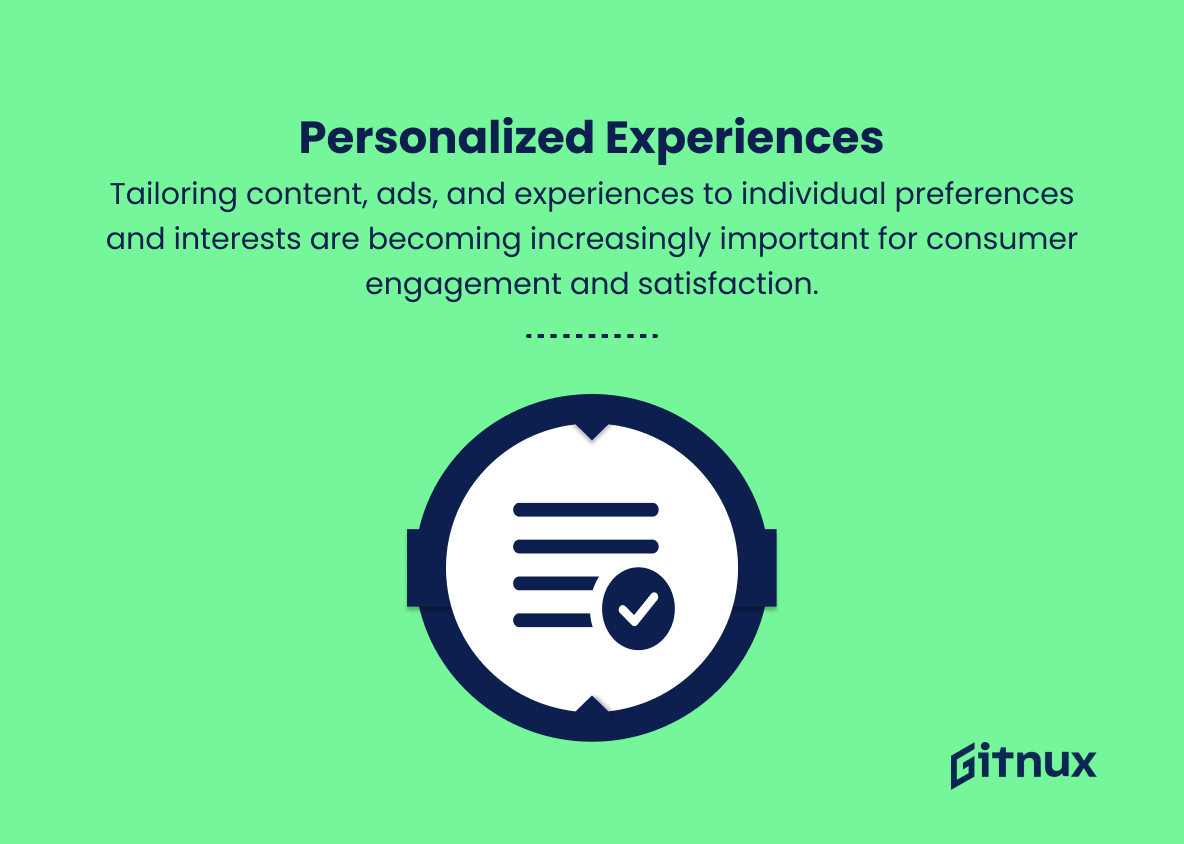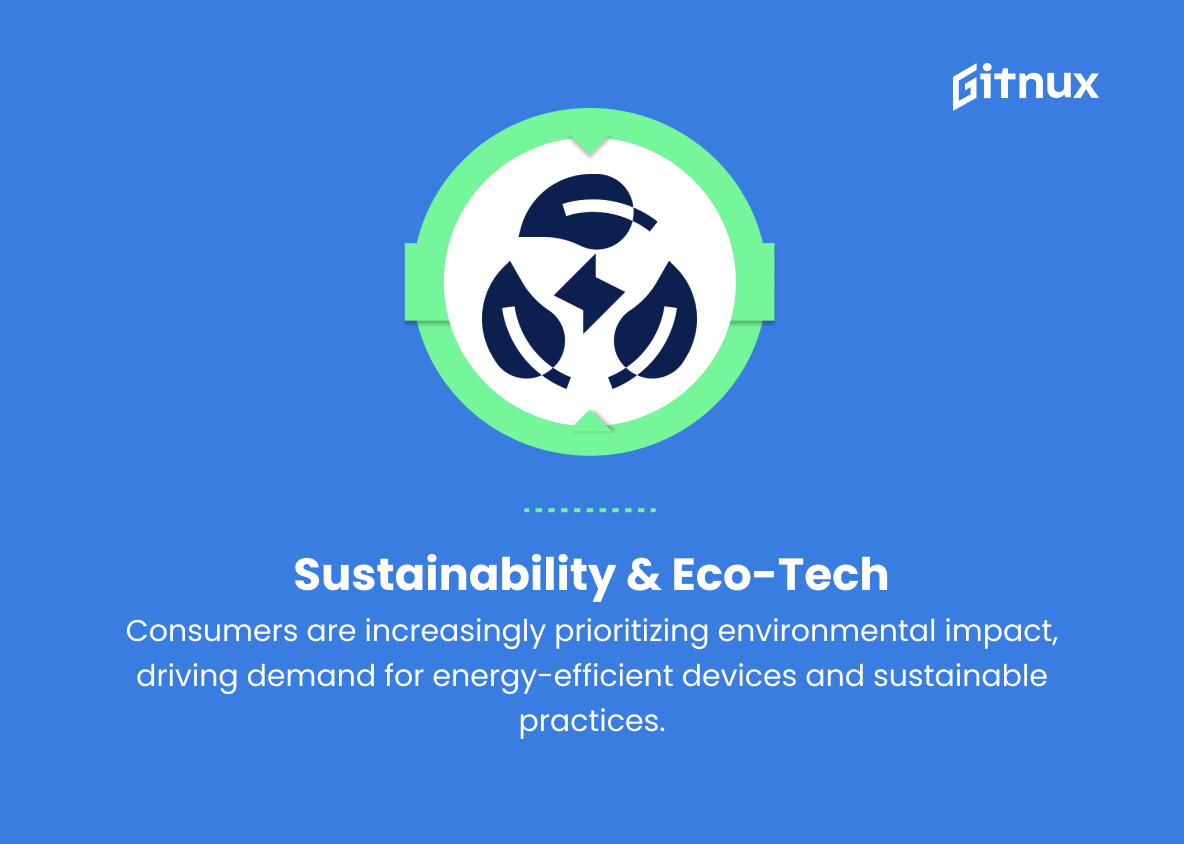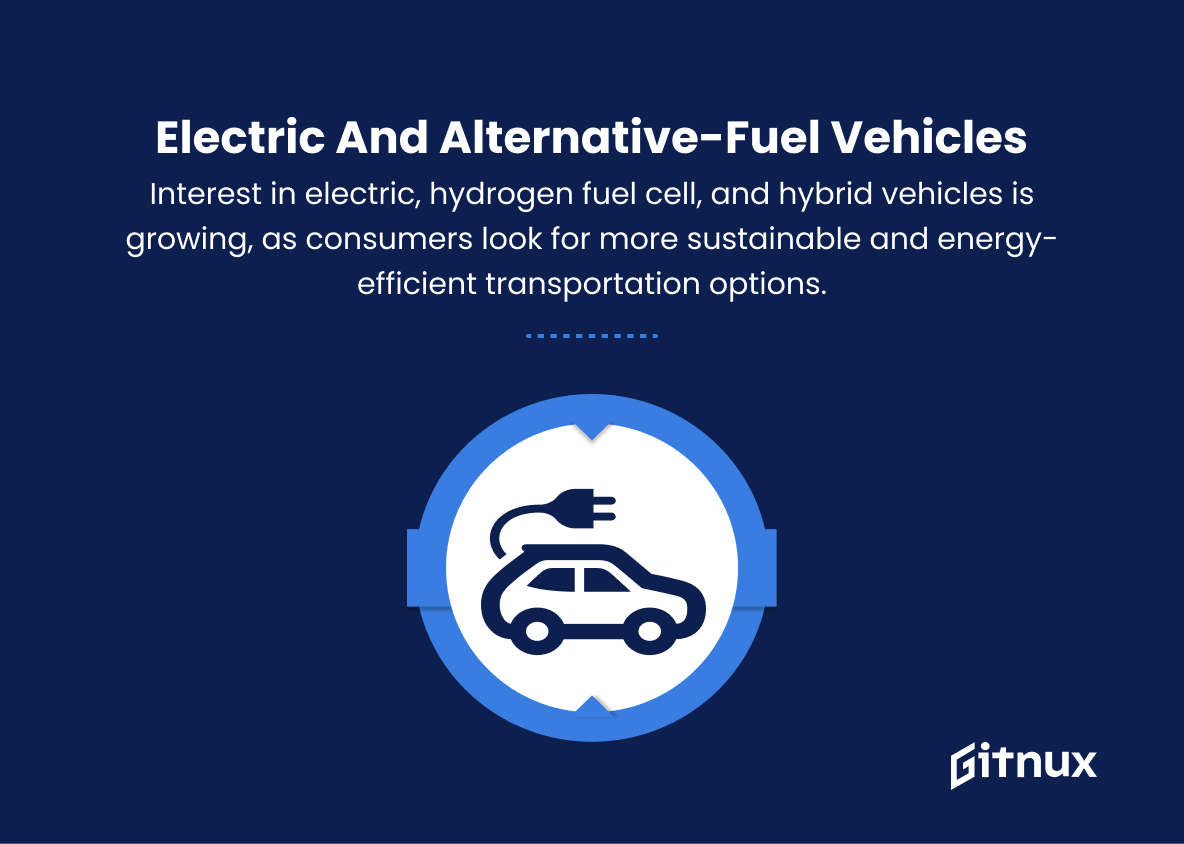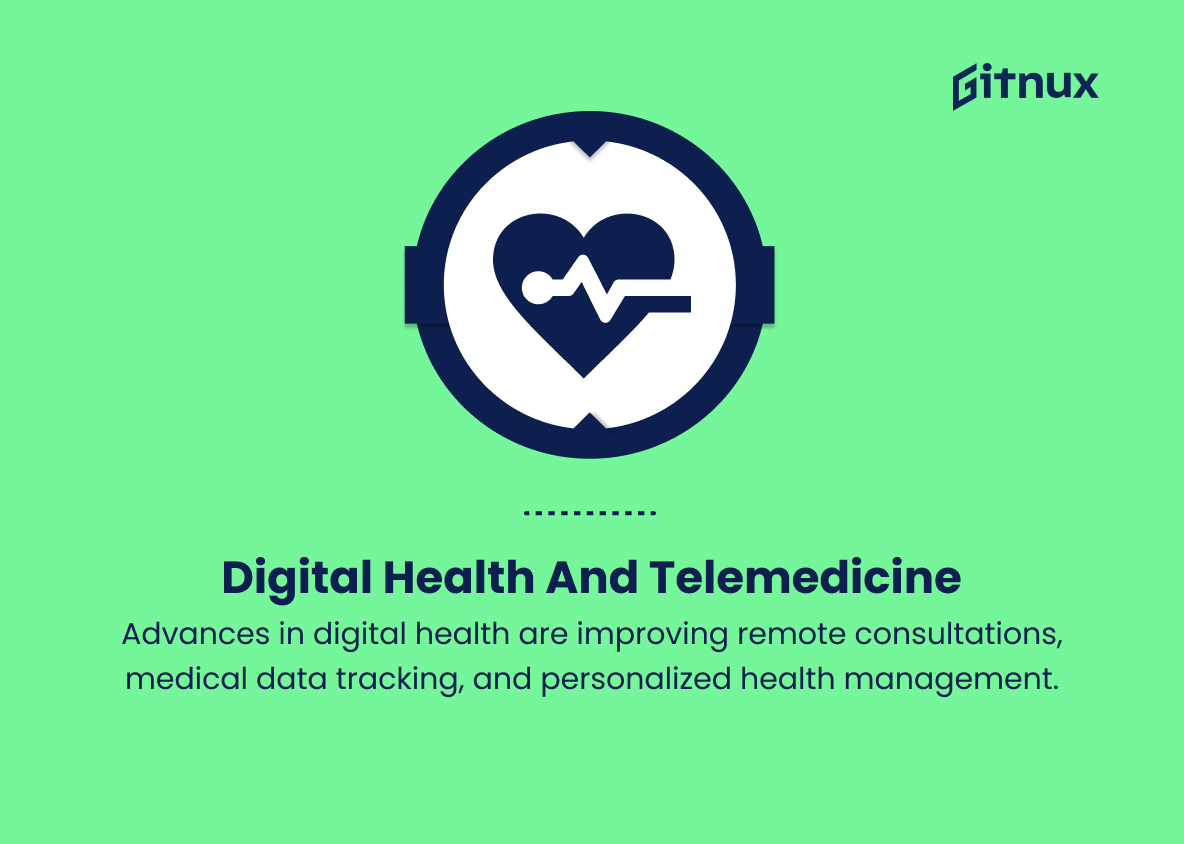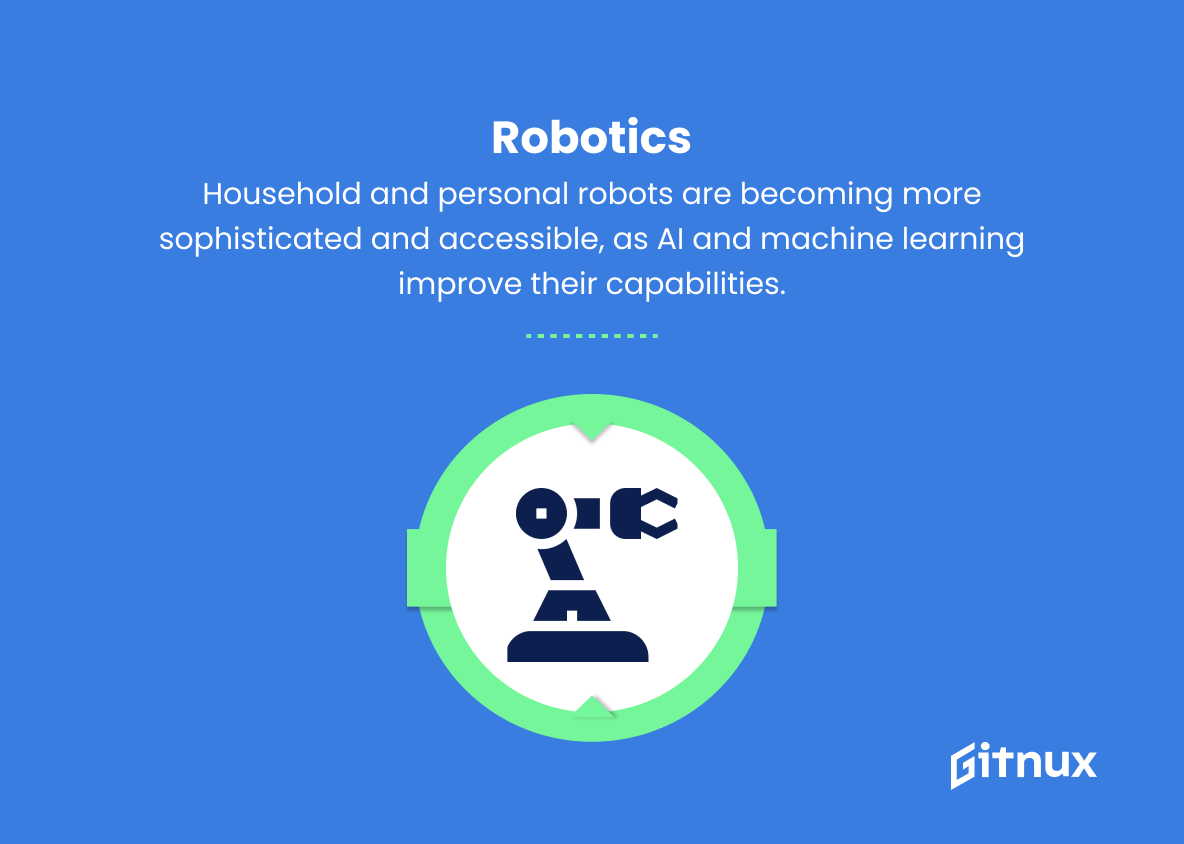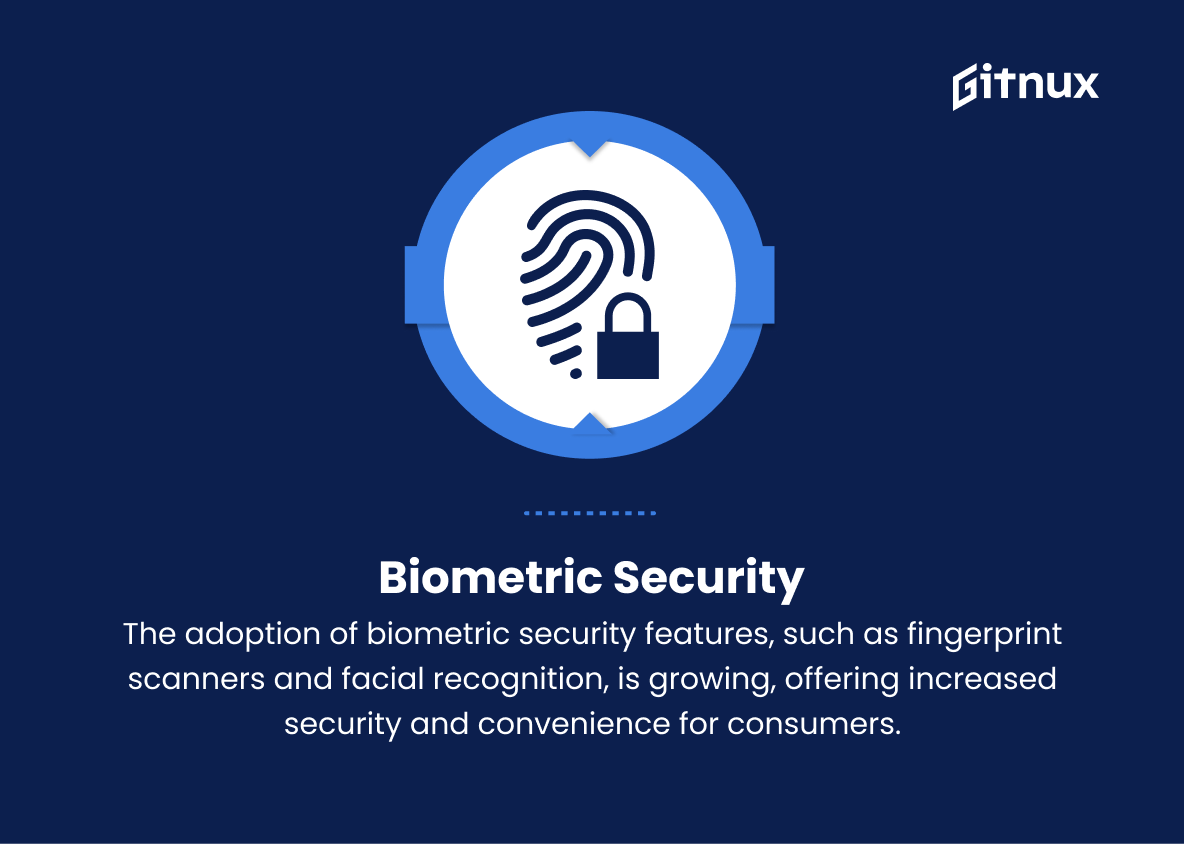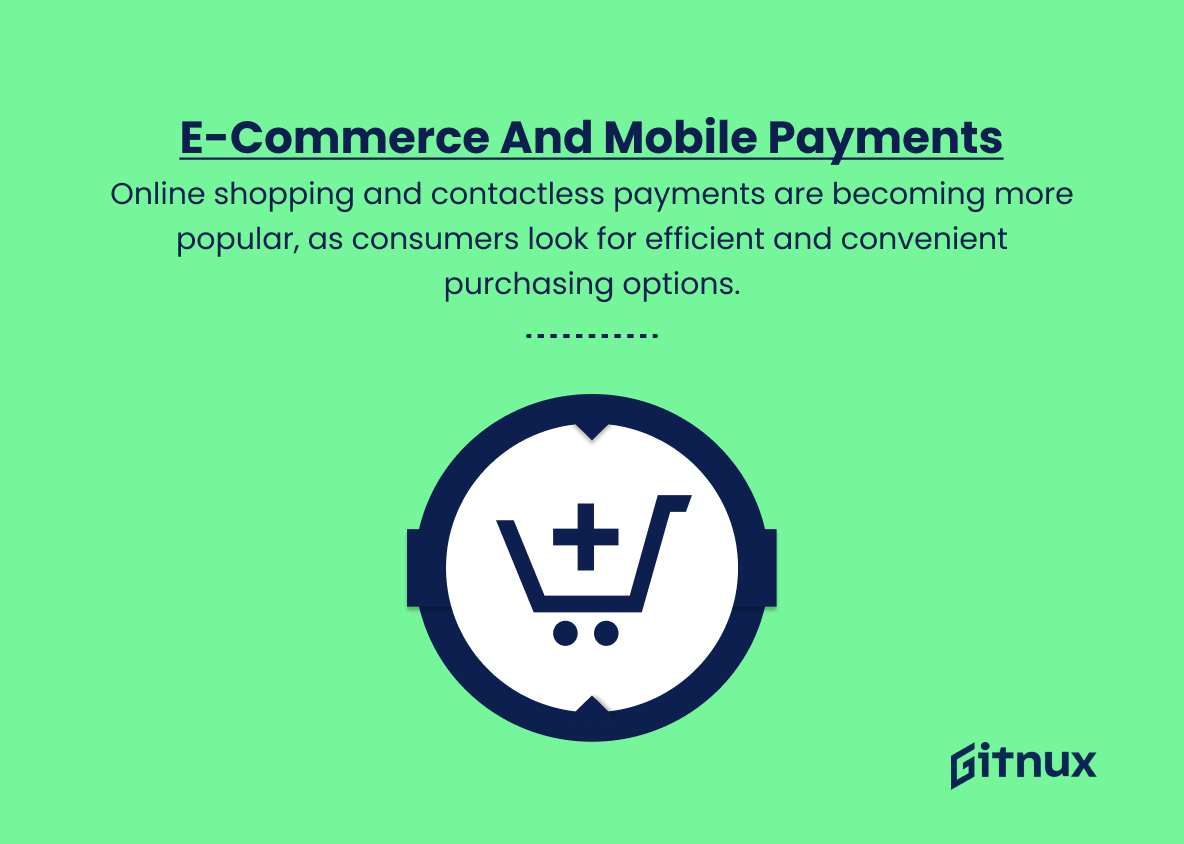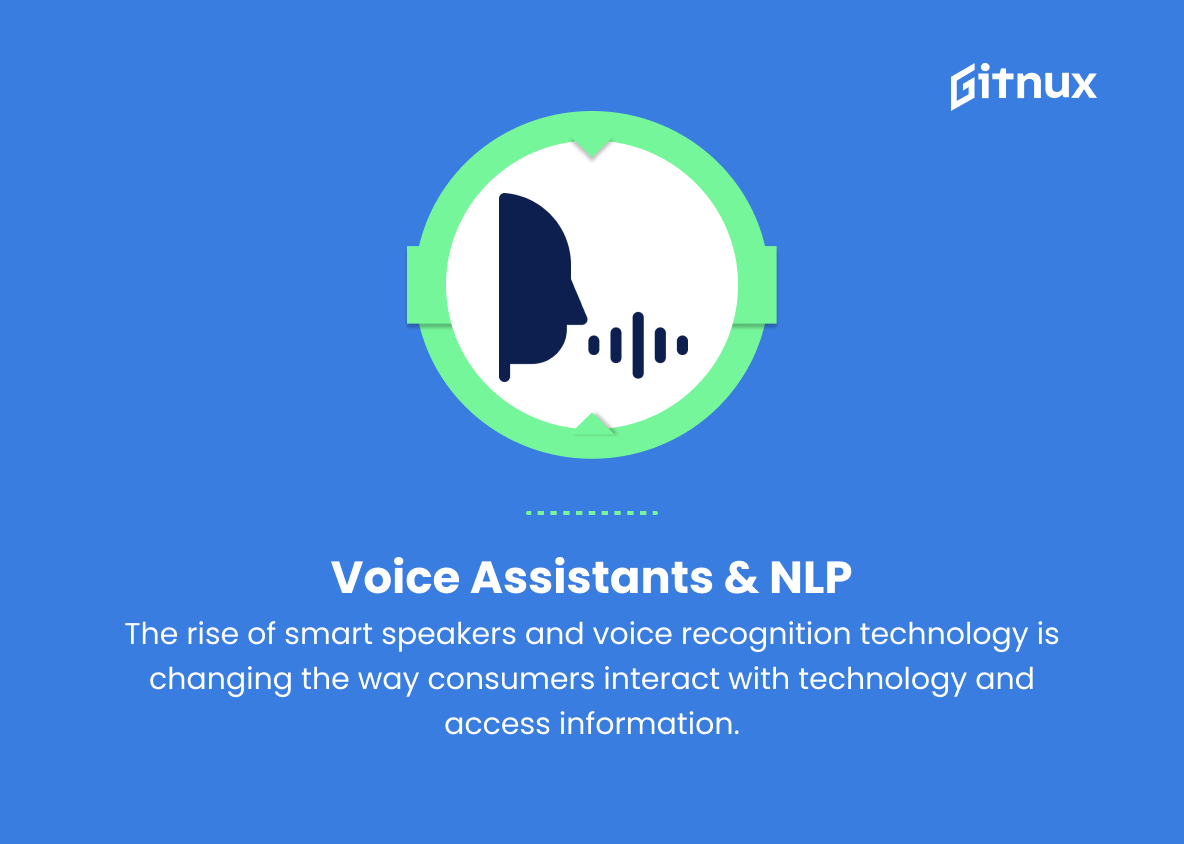The rapid pace of technological advancement has enveloped our everyday lives like never before, with consumer technology becoming an indispensable part of modern living. From smartphones to smart homes and wearables to virtual assistants, the landscape of consumer technology is constantly evolving, providing us with newer, more efficient tools while transforming the way we live, work, and communicate.
In this blog post, we will delve deeply into the latest Consumer Technology Trends that are shaping our future; exploring their implications, opportunities, and potential challenges for individuals, businesses, and society at large. Strap in, as we embark on a fascinating journey through the cutting-edge innovations that are redefining the face of consumer technology.
Top Consumer Technology Trends
1. Artificial Intelligence (AI) and Machine Learning
AI advancements are leading to improved voice assistants, personalized recommendations, advanced data analytics, and more reliable automation systems.
2. Internet of Things (IoT)
The growing interconnectedness of smart devices is improving daily life, from home automation and security to energy management and health monitoring.
3. Augmented Reality (AR) and Virtual Reality (VR)
AR and VR are revolutionizing gaming, training, and entertainment experiences, enabling users to immerse themselves in new environments and realities.
4. 5G Connectivity
The rollout of 5G networks promises to bring faster internet speeds, lower latency, and improved network capacity, supporting the development of new consumer technologies.
5. Wearable Technology
Smartwatches, fitness trackers, and health-monitoring devices are gaining popularity, as consumers increasingly desire technology that integrates seamlessly into their lives.
6. Autonomous Vehicles
Self-driving cars and transportation systems are becoming more prevalent, as technology improves and adoption increases.
7. Smart Homes
Consumers are seeking to make their homes more intelligent, with voice-controlled assistants, smart appliances, and automation systems.
8. Personalized Experiences
Tailoring content, ads, and experiences to individual preferences and interests are becoming increasingly important for consumer engagement and satisfaction.
9. Sustainability and Eco-friendly Technologies
Consumers are increasingly prioritizing environmental impact, driving demand for energy-efficient devices and sustainable practices.
10. Electric and Alternative-Fuel Vehicles
Interest in electric, hydrogen fuel cell, and hybrid vehicles is growing, as consumers look for more sustainable and energy-efficient transportation options.
11. Digital Health and Telemedicine
Advances in digital health are improving remote consultations, medical data tracking, and personalized health management.
12. Robotics
Household and personal robots are becoming more sophisticated and accessible, as AI and machine learning improve their capabilities.
13. Biometric Security
The adoption of biometric security features, such as fingerprint scanners and facial recognition, is growing, offering increased security and convenience for consumers.
14. E-commerce and Mobile Payments
Online shopping and contactless payments are becoming more popular, as consumers look for efficient and convenient purchasing options.
15. Voice Assistants and Natural Language Processing
The rise of smart speakers and voice recognition technology is changing the way consumers interact with technology and access information.
16. Streaming Services
The expansion of streaming platforms is reshaping the entertainment industry, as consumers increasingly prefer on-demand content over traditional cable and broadcasting services.
17. Educational Technology (EdTech)
The use of gamification, e-learning, and online classrooms is revolutionizing education, making it more accessible and engaging.
18. Quantum Computing
Although still in early stages, quantum computing holds the potential to revolutionize areas such as cryptography, medicine, and AI research, ultimately impacting consumer technology as a whole.
Implications
The rapid advancements in consumer technology trends such as Artificial Intelligence (AI), Machine Learning, Internet of Things (IoT), Augmented Reality (AR), Virtual Reality (VR), 5G connectivity, wearable technology, autonomous vehicles, smart homes, personalized experiences, sustainability and eco-friendly technologies, electric and alternative-fuel vehicles, digital health and telemedicine, robotics, biometric security, e-commerce and mobile payments, voice assistants and natural language processing, streaming services, educational technology (EdTech), and quantum computing are transforming our lives in numerous ways.
These innovations promise to revolutionize areas like communications, healthcare, security, transportation, entertainment, education, and environmental conservation. Through AI and IoT, we’re experiencing more personalized and efficient interactions with our devices, while AR and VR technologies transport us to immersive virtual worlds that enrich our experiences. With 5G connectivity, faster internet speeds drive the development of next-generation technologies, while wearable devices and smart home systems integrate seamlessly into our lives.
As autonomous and eco-friendly vehicles become more prevalent, we’re moving towards more sustainable transportation. Improvements in digital health and telemedicine help us manage our health more effectively, and robotics advancements are creating sophisticated household and personal robots. The increased adoption of biometric security measures and the growing popularity of e-commerce and mobile payments are shaping a new era of convenience and protection.
Voice assistants and natural language processing are transforming our interactions with technology, while streaming services and educational technology are evolving the entertainment and learning landscapes. Lastly, even though still in its infancy, quantum computing holds the potential to leave its mark on various industries, ultimately impacting consumer technology as a whole.
Conclusion
In summary, consumer technology trends are constantly evolving, and the rapid pace of innovation continues to redefine how we interact with the world around us. To stay ahead of the curve, it is essential to remain informed and prepared to embrace new technologies that cater to the ever-changing needs and preferences of consumers.
By staying in tune with these emerging trends, businesses and individuals alike can take advantage of the benefits offered by these advancements, and ultimately, foster a more versatile and convenient lifestyle. Remember, the future is now, and adapting to it is the key to success in this fast-paced and dynamic digital landscape.
